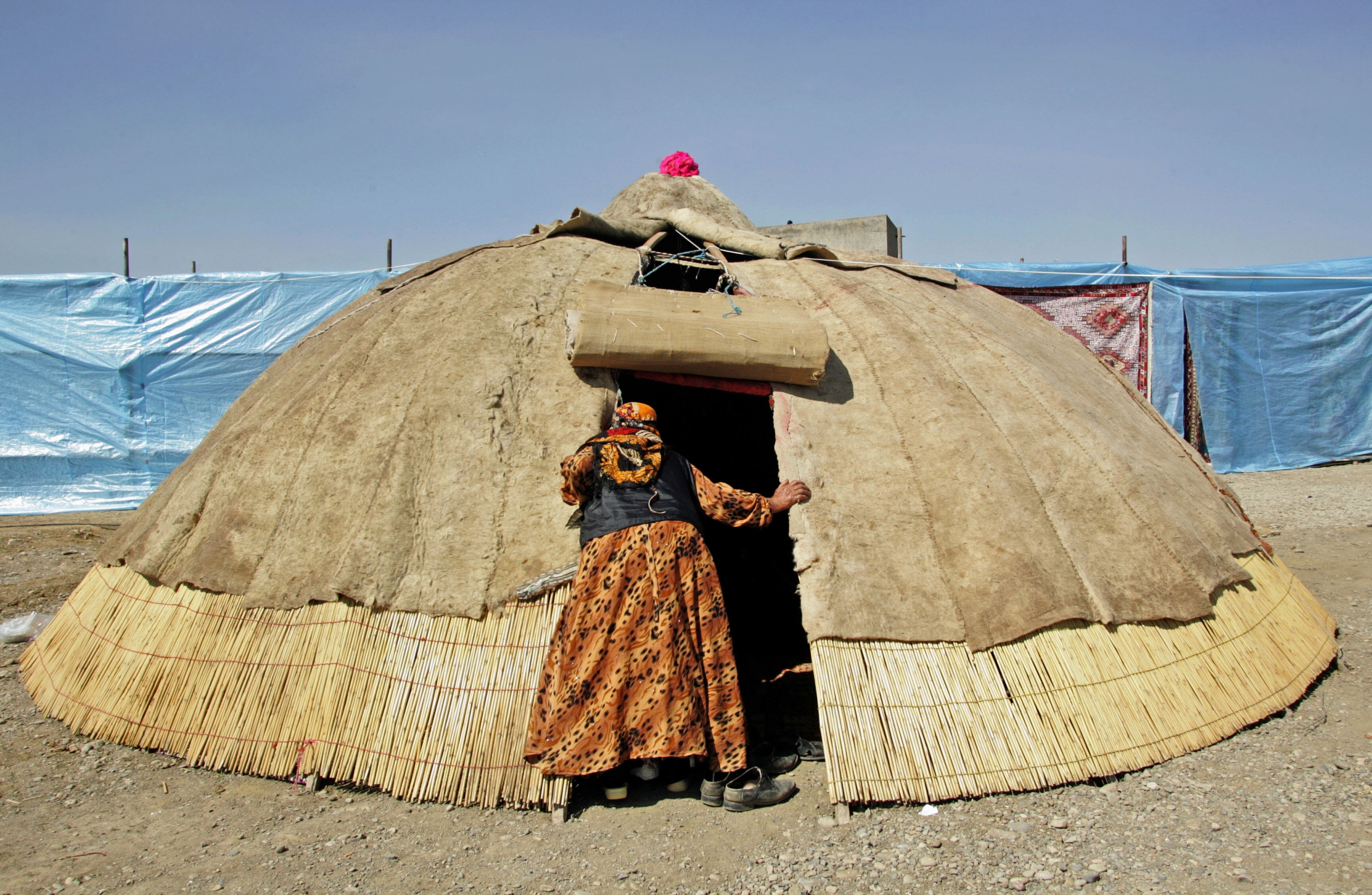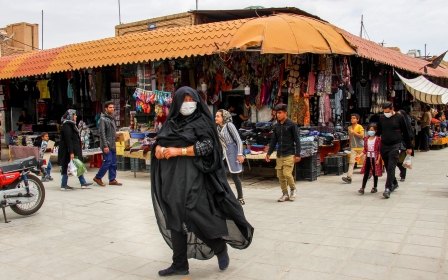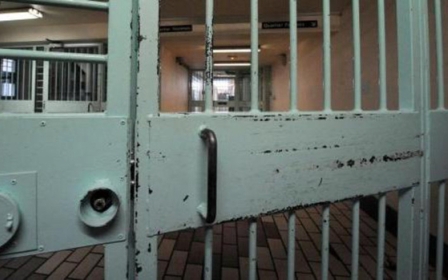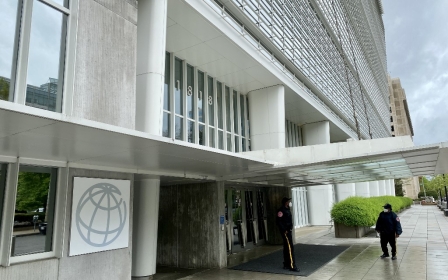Iranian press review: Fury as billions unaccounted for in 2018 budget review

Billions of dollars lost in Iran
Nearly $5bn was unaccounted for in Iran’s 2018 government funds, a Supreme Audit Court (SAC) report revealed, sparking a new row between rival political factions in the country.
'Individuals who had received import funding assistance from the central bank, imported nothing at all'
- 2018 budget report
Iran’s economy had suffered a loss of over $4.8bn in the 2018 fiscal year, after 275 individuals who had received import funding assistance from the central bank imported nothing at all, according to the budget report published on Tuesday by the supervisory arm of the Iranian parliament.
These individuals, tasked with importing essential goods into the country, had received the funds at a preferential exchange rate from the central bank, as Iran has different exchange rates for foreign currencies.
On the open market, one US dollar goes for about 155,000 Iranian rials. The government sells one dollar for 420,000 rials to well-connected merchants, in what is called the official market.
New MEE newsletter: Jerusalem Dispatch
Sign up to get the latest insights and analysis on Israel-Palestine, alongside Turkey Unpacked and other MEE newsletters
The report, which reviewed 3,700 executive bodies in Iran, was originally scheduled to be made public in mid-January but got pushed back due to “Covid-19 related conditions”, head of the SAC, Adel Azar, told parliament on Tuesday.
According to local media, the report also cited cases of corruption by government officials.
On Wednesday, government spokesman Ali Rabiei rejected the parliament’s budget report.
“I assure Iranians that not even one dollar from last year's budget has been lost,” he told Iran’s official news agency IRNA.
President Hassan Rouhani, on the other hand, said the report’s finding was “inaccurate” and urged the SAC to carry out a more comprehensive check to include budget spending of Iran’s revolutionary and military entities, as well as the country’s judicial system.
The report has prompted calls from the opposition for further investigations. Ebrahim Raisi, the chief justice of Iran and a rival of Rouhani during the 2017 presidential elections, has ordered Tehran’s prosecutor general to specify a special court branch to follow up on the findings of the SAC’s report.
Surge in domestic violence amid lockdown
There has been a dramatic surge in child abuse and domestic violence in Iran during the coronavirus lockdown that was implemented to help curb the spread of the virus in the country, official sources have confirmed.
Iran has witnessed a five-fold increase in the cases of child abuse during the Covid-19 emergency, according to the state-run Rokna news agency.
Mohammad-Reza Mahboubfar, a social researcher, told Rokna that most cases of child abuse in the country occur in the impoverished suburbs of big cities.
The cases predominantly happen in the families whose breadwinners are daily labourers and have been struggling with a dire economic crisis during the coronavirus pandemic, Mahboubfar added.
In addition, the recent release of prisoners in Iran has intensified the problem, said Asal Nematollahzadeh, a board member of the non-governmental organisation Imam Ali.
Since the beginning of the Covid-19 pandemic, Iran's judiciary has already temporarily released 100,000 detainees in an attempt to contain the spread of the disease, and its spokesman said that those furloughs had been extended to 19 April.
Meanwhile, the number of people calling Iran’s family disputes hotline has also increased during the pandemic, according to Iran’s official news agency IRNA.
IRNA reported that since the start of the lockdown on 20 March, up to 4,000 people have called the hotline, and statistics show a three-time increase in the rate of family disputes.
Iran has been the hardest-hit country in the Middle East by Covid-19. As of Sunday, the virus had killed 4,474 people and infected more than 71,000 in Iran, the health ministry said.
Nomadic life paralysed by pandemic
The migration of the Iranian nomads, as well as education in nomadic communities, have become collateral damage of the coronavirus in the country.
According to Shahrvand daily, the provincial authorities have banned nomadic tribes from embarking on their annual spring migration in Kerman, Khuzestan, Khorasan, Golestan and Fars provinces.
Over 1.25 million nomads live in Iran, whose lives depend on annual migration to find the best pasture for their cattle and sheep, a practice that has been repeated for thousands of years.
Most nomadic communities in Iran go on a 20-day trip on foot to move their animals to the western and central highlands of the country to pass the hot summers.
However, this year their migration has been banned until mid-May, and some tribes will only be allowed to transfer their herds with trucks and lorries.
Schools in the nomadic communities have also been shut down due to fear that the virus might be spread by teachers coming from cities to the schools, said the daily.
Shadow of ‘water war’ looms over Iran
Iran is on the brink of a “water war” with its neighbouring countries, experts have warned, adding that the country’s water crisis has been exacerbated by the floods in various regions over the past two years.
According to Khabar Online, despite 2019’s heavy rains and deadly floods in western and northeastern Iran, still over half of the country has been gripped by drought.
“We are already in the middle of a water war. It’s been a while since [domestic] conflicts related to water shortage have started in the country,” Masoud Tajrishi, a deputy at Iran’s Department of Environment, was quoted by the website as saying.
Khabar Online also published the results of a report by the Dutch government-funded Water, Peace and Security (WPS) partnership, warning about possible water conflicts between Iran and Iraq.
Meanwhile, water resource specialist Abbas Jangi, in an opinion piece for the Shargh daily, warned that solving Iran’s water crisis would not be possible without the support of NGOs and local communities.
In recent years, environmentalists have been under tremendous pressure by Iran’s Islamic Revolutionary Guard Corps (IRGC) and many of them are serving long-term sentences accused of espionage-related charges.
* Iranian press review is a digest of reports that are not independently verified as accurate by Middle East Eye
Middle East Eye delivers independent and unrivalled coverage and analysis of the Middle East, North Africa and beyond. To learn more about republishing this content and the associated fees, please fill out this form. More about MEE can be found here.




